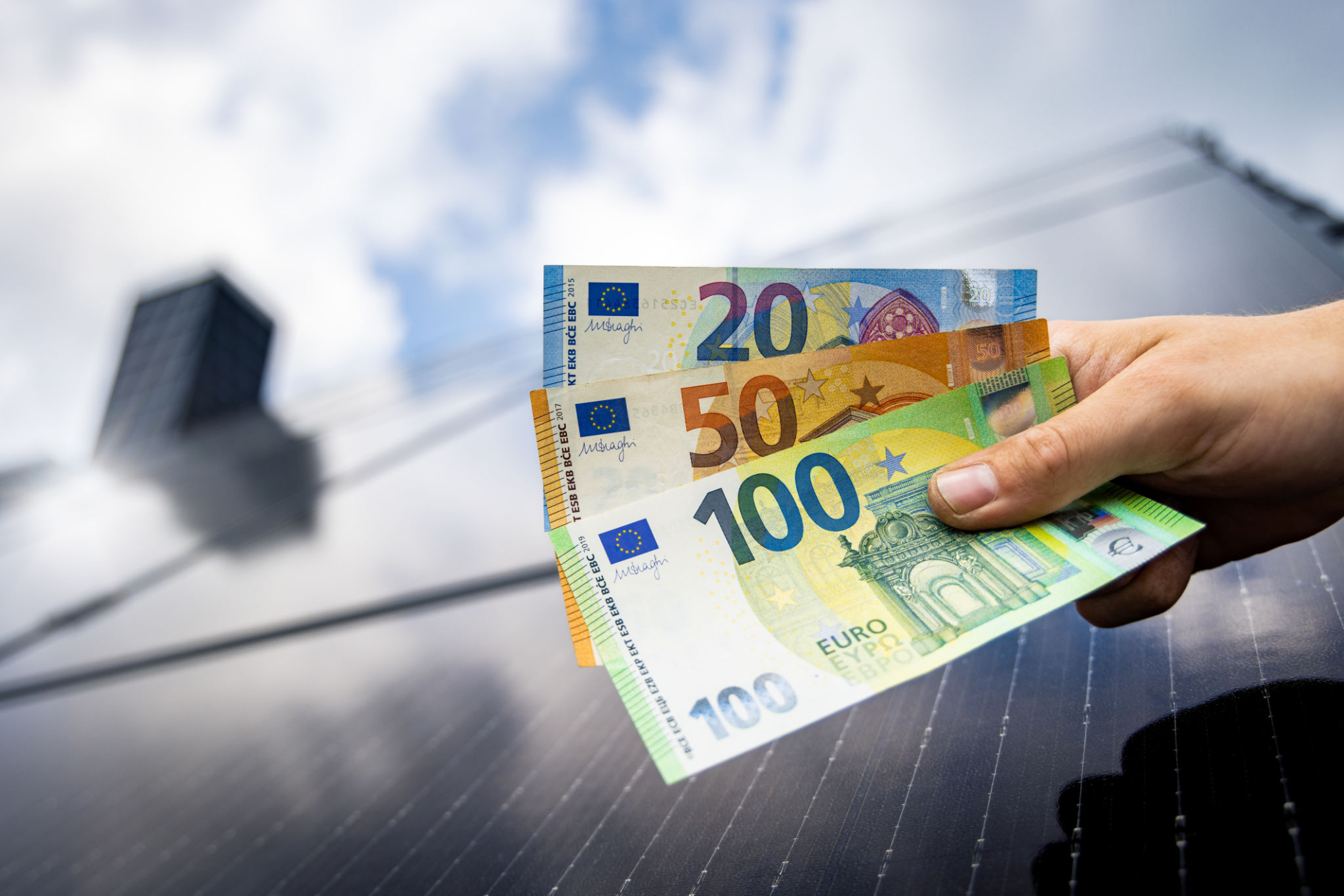What Are the Most Common Questions About Installing Solar Panels? Your Ultimate Guide
What Are the Benefits of Installing Solar Panels?
One of the most common questions about installing solar panels is understanding the benefits they offer. Investing in solar energy is not just about saving money on electricity bills; it also contributes to environmental conservation. Solar panels help reduce carbon footprints by harnessing renewable energy from the sun, making your home more sustainable.

Additionally, solar panels can increase the value of your property. Homes with solar installations often sell faster and at higher prices. This is because potential buyers value the long-term savings and environmental benefits associated with solar energy.
How Do Solar Panels Work?
Understanding how solar panels work is crucial for those considering installation. Solar panels are comprised of photovoltaic (PV) cells that convert sunlight into electricity. When sunlight hits these cells, it generates an electric current that is then used to power your home.

This electricity can either be used directly or stored in batteries for later use. Some systems are also connected to the grid, allowing excess energy to be sold back to the utility company, further offsetting costs.
What Is the Cost of Installing Solar Panels?
The cost of installing solar panels varies depending on several factors, including the size of the system and local incentives. On average, homeowners can expect to spend between $15,000 and $25,000 on a complete solar installation before any rebates or tax incentives.
Federal and state incentives can significantly reduce these costs. Many regions offer tax credits, rebates, and other financial incentives to encourage the adoption of solar energy. It's important to research these options to understand the final cost of your investment.

How Long Does the Installation Process Take?
The timeline for installing solar panels can vary based on several factors, including the size of the system and local permitting requirements. Generally, the process from signing a contract to having a fully operational system can take anywhere from one to three months.
The actual installation typically takes just a few days. However, before installation can begin, you may need to wait for permits, inspections, and other approvals from your local government. Working with a reputable solar provider can help streamline this process.
How Long Do Solar Panels Last?
Solar panels are designed to be durable and long-lasting. Most panels come with warranties that guarantee performance for 25 to 30 years. Even after this period, many panels continue to produce electricity at a slightly reduced efficiency.
Proper maintenance can help extend the lifespan of your solar panels. Regular cleaning and inspections ensure they operate efficiently and continue to provide energy savings over time.

Do Solar Panels Work in All Weather Conditions?
A common misconception is that solar panels only work in sunny weather. While they perform best in direct sunlight, solar panels can still generate electricity on cloudy days. Modern panels are designed to capture a broad spectrum of light, making them effective even in less-than-ideal conditions.
Additionally, solar panels are built to withstand various weather conditions, including rain and snow. In fact, cooler temperatures can improve their efficiency since they prevent overheating.